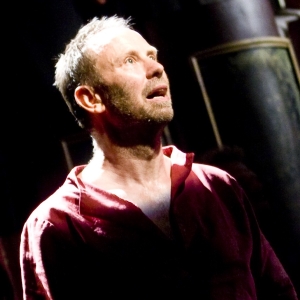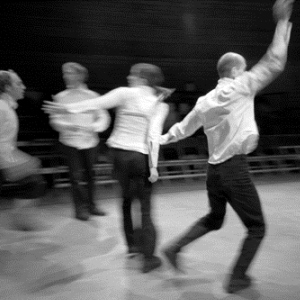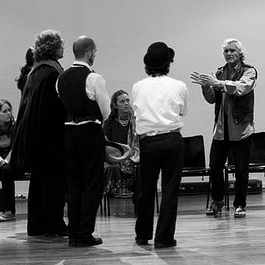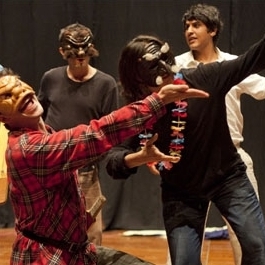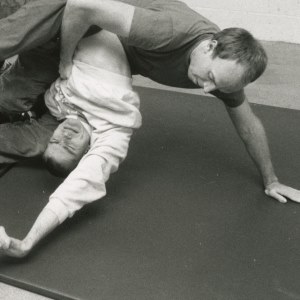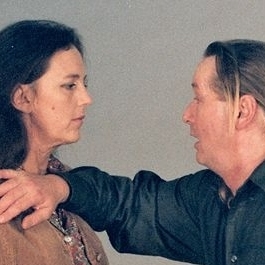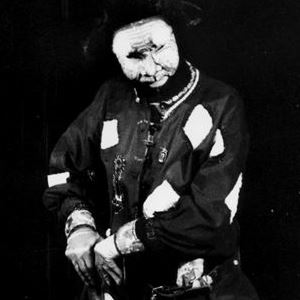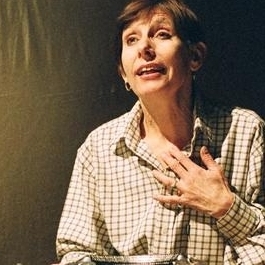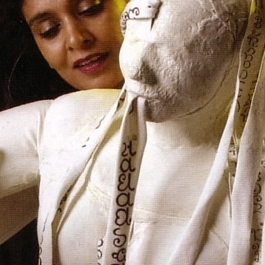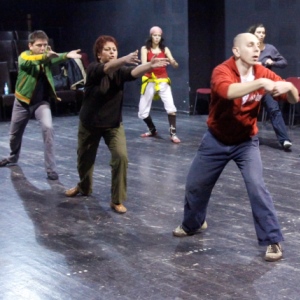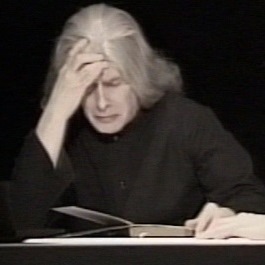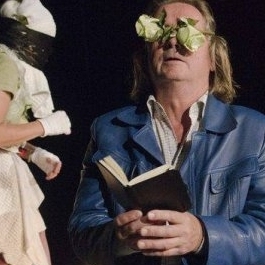The creation of a performance or a piece of theatre involves a process informed by method, aesthetic choice and economic context. Theatre-making can involve many practical aspects which have little directly to do with the writer, performer, choreographer, director or scenographer. These aspects might include such things as funding, access to particular kinds of technological equipment and the nature of the building or space for which the work is being made. All theatre- and performance-makers engage with different processes applied to the construction of a performance, whether it be the performance of a play or the performance of material which has been improvised and devised. Some theatre- and performance-makers develop processes for creating performance work over prolonged periods of time, and some predominantly use actors and performers trained in a particular method or modes of performance.
A number of theatre-makers such as directors and performers talk about the different methods they use in the making of performance work – from the the different ways in which they work with texts, physically or use structures of play or systems of rehearsal. Similarly, there are a number of practitioners who are able to describe and theorise methods and techniques they might use in specific areas of the process of theatre- and performance-making, such as devising, editing and improvisation.
Whilst theatre- and performance-makers will vary enormously in their use and development of different processes, most share common concerns in terms of having to work with specific aspects of theatre and performance such as space, time, aesthetic choice and interaction with performers (although these too are often theatre-makers themselves), audience expectation and funding.
Image: Gitanjali Kolonad in Phillip Zarrilli’s Walking Naked, 1998–2006

